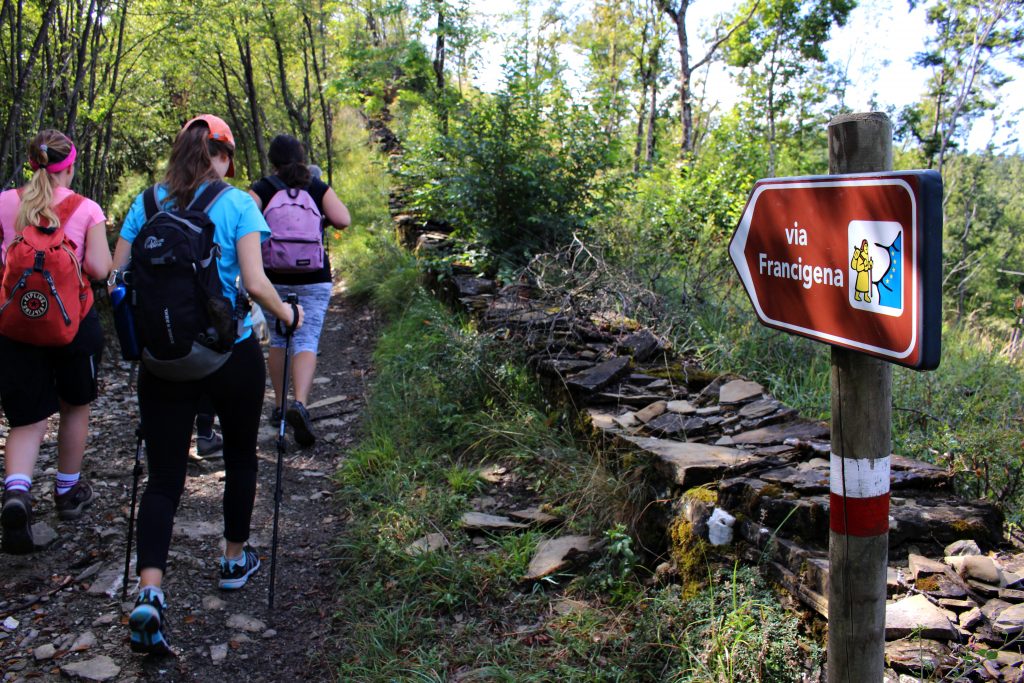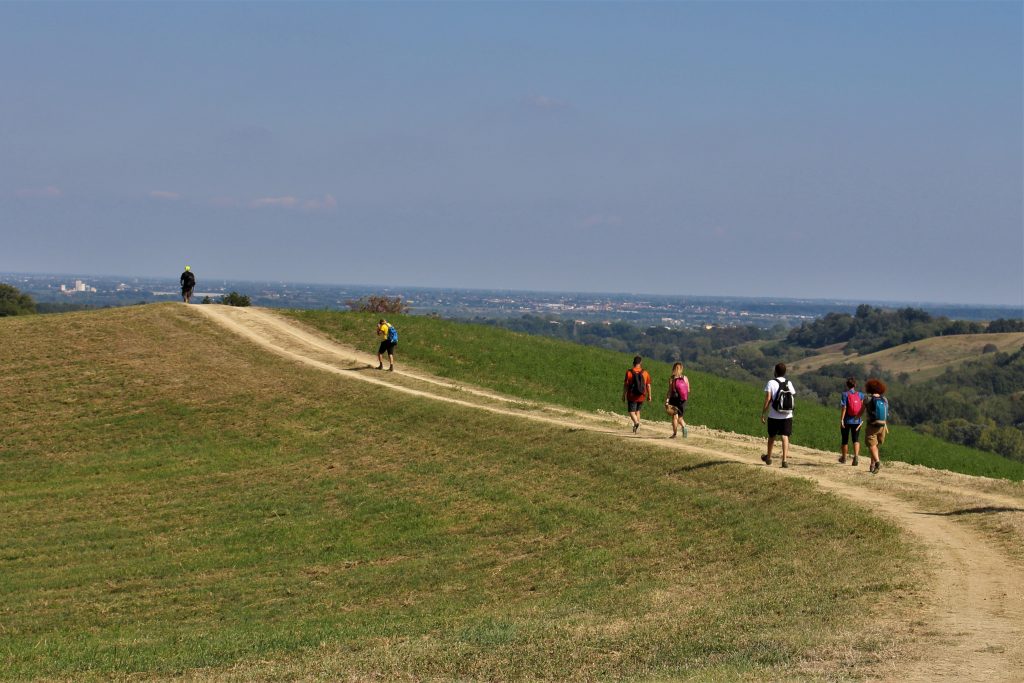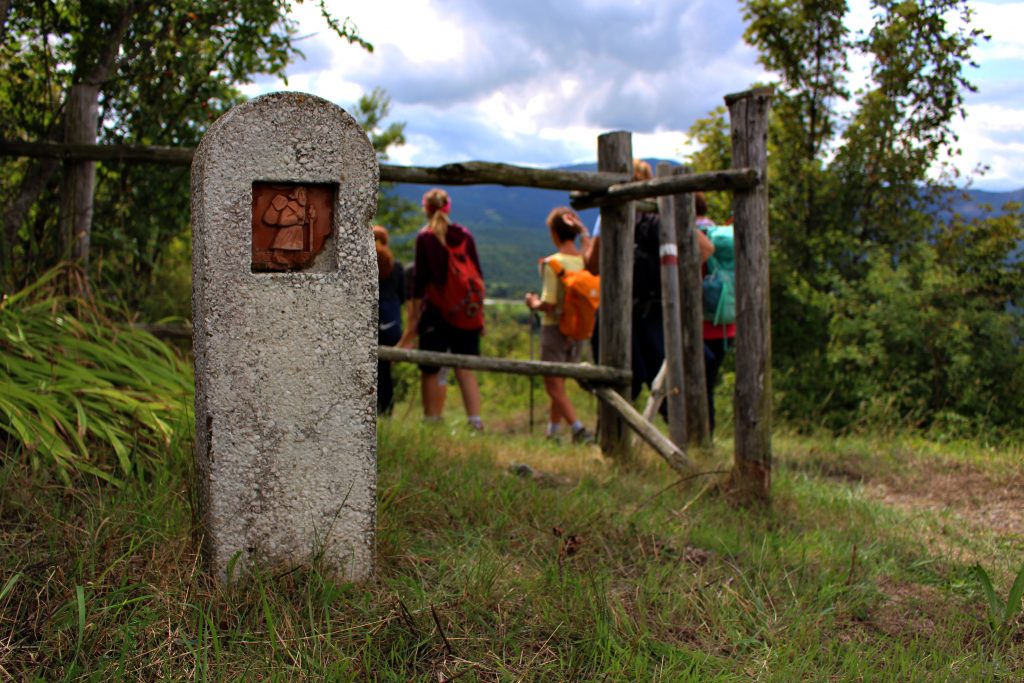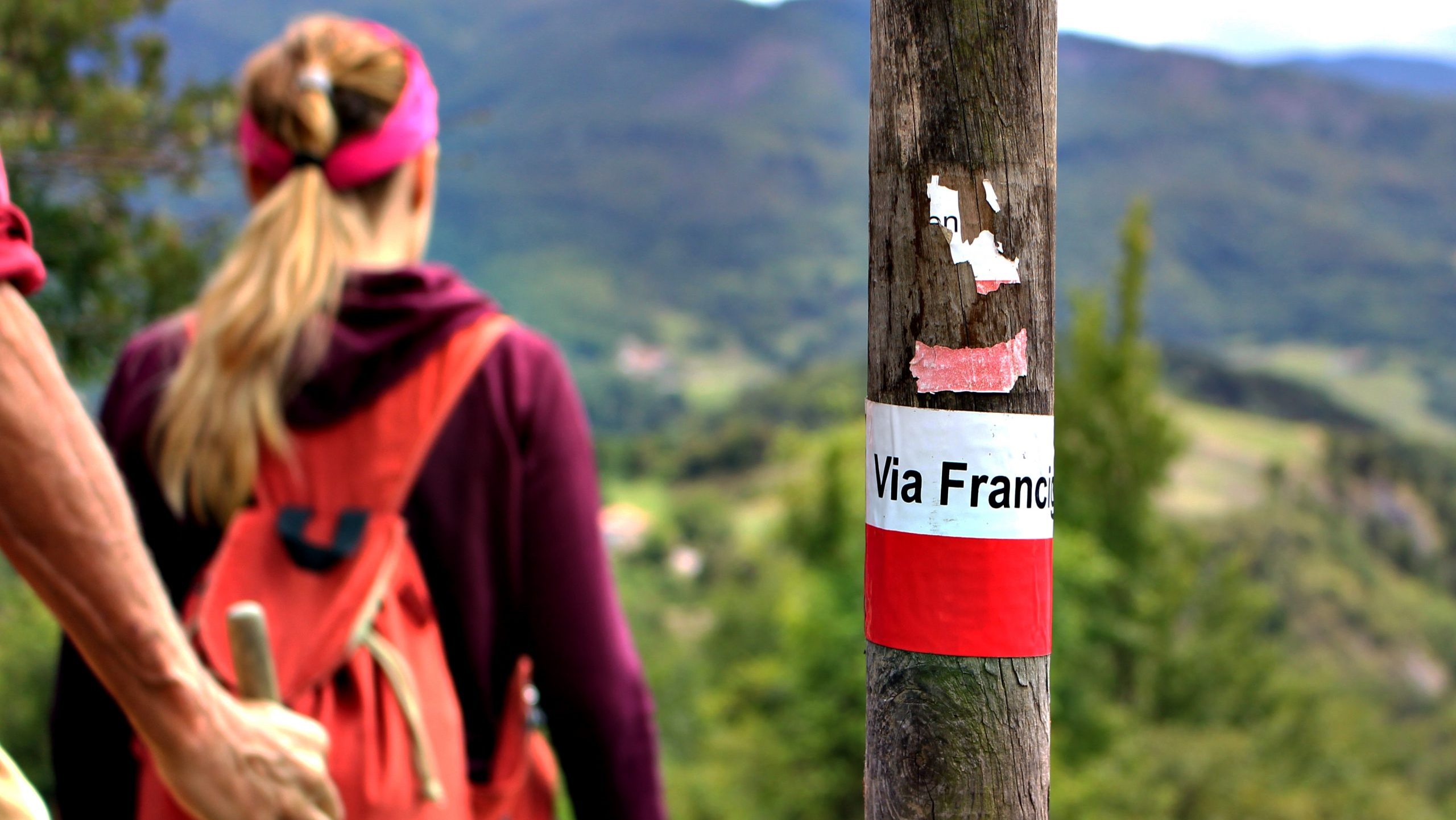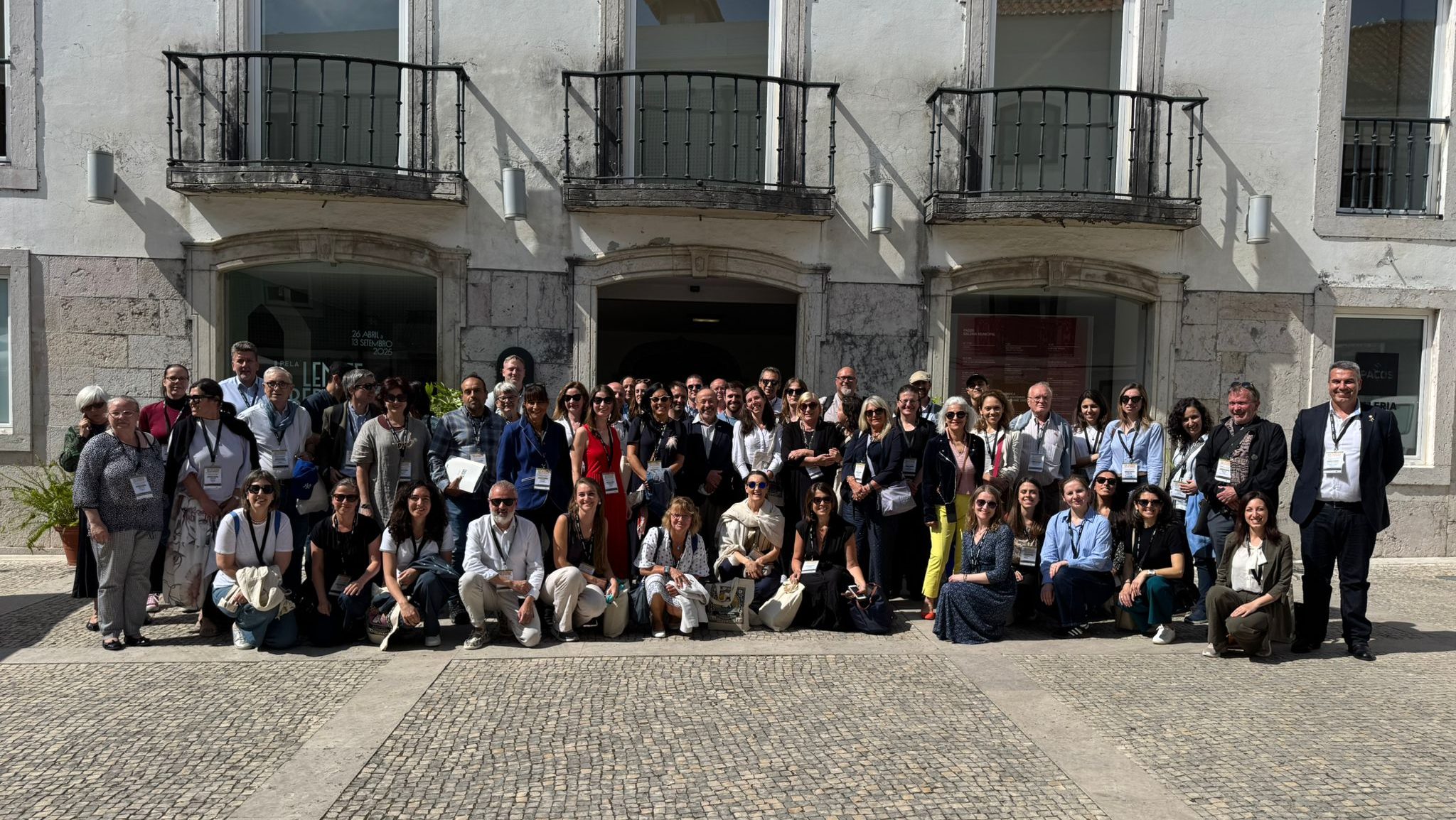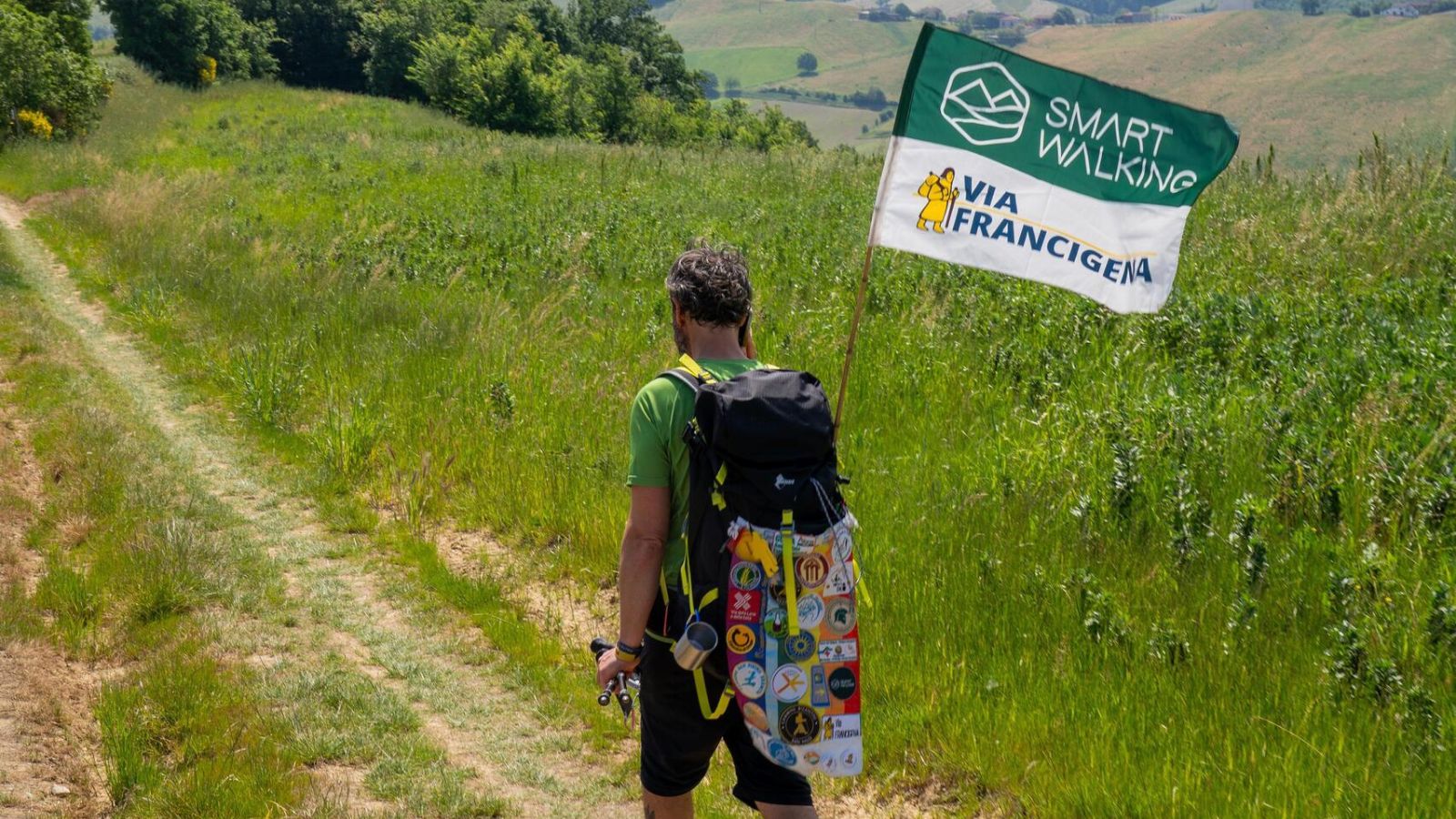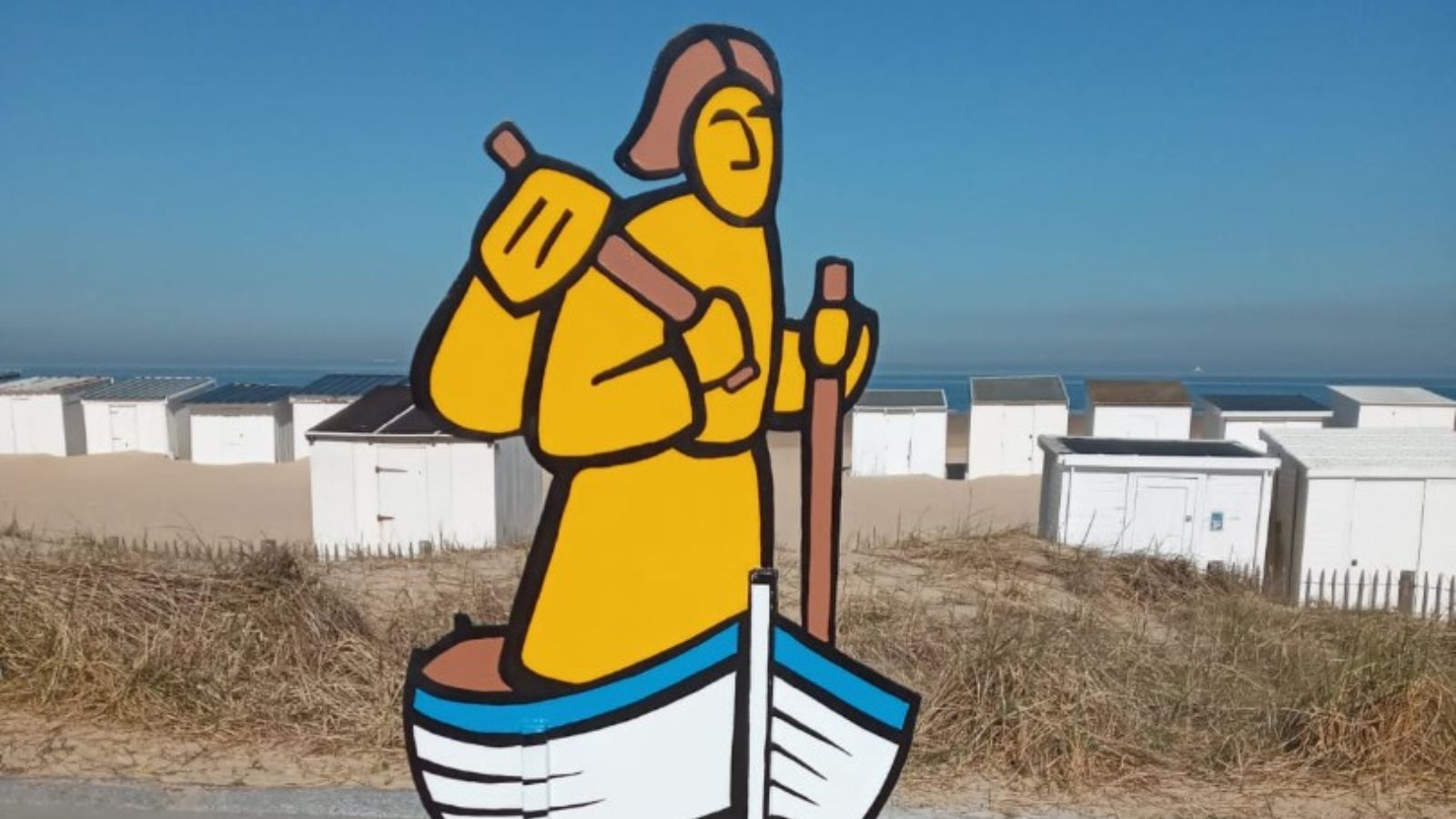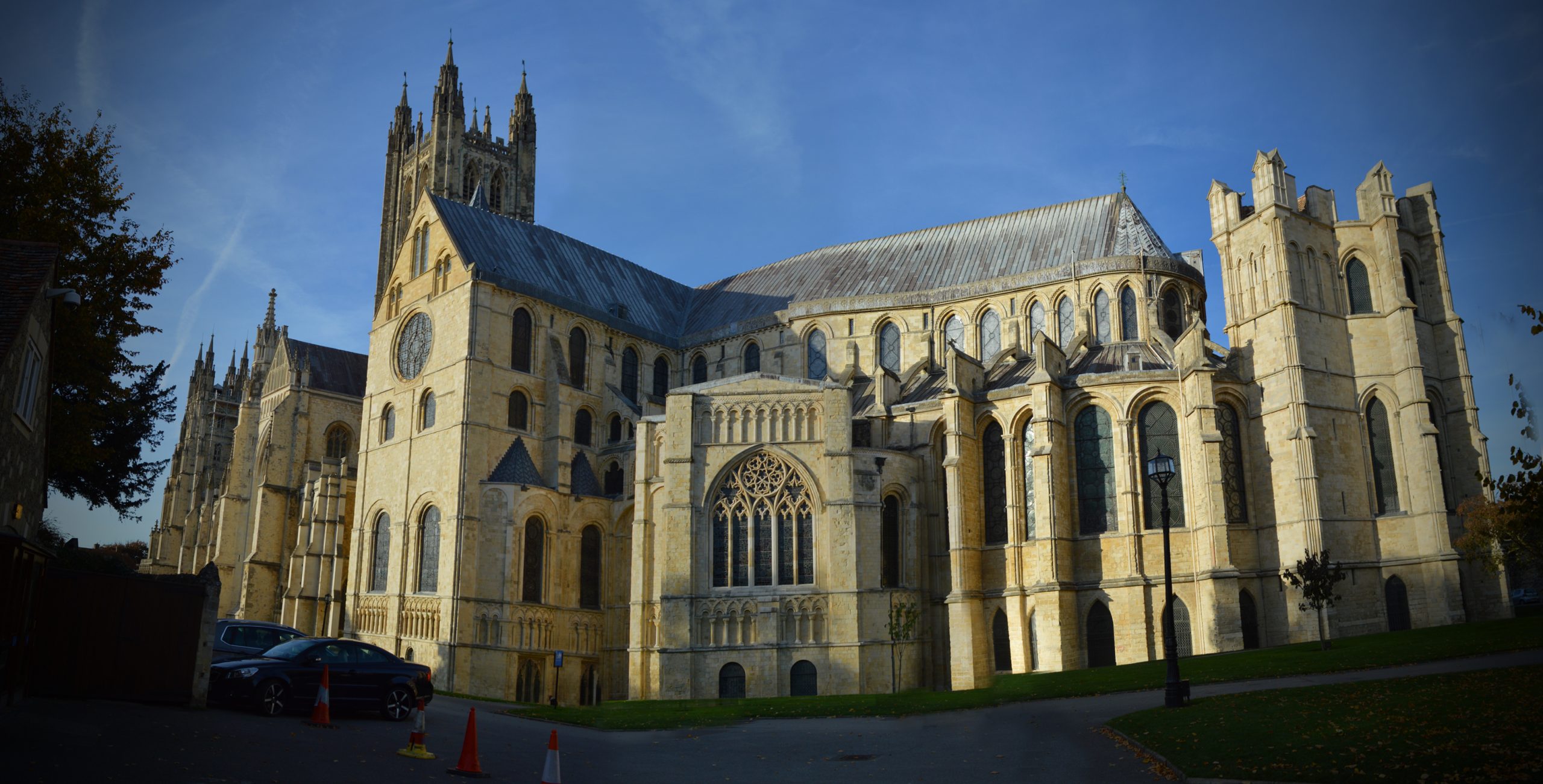The European Association of the Via Francigena Ways is pleased to announce the renewal of its partnership with Banca Generali Private for 2025. This important confirmation further strengthens the shared commitment to promoting slow, mindful tourism that respects and enhances the local territory.
Active since 2017, the collaboration has played a key role in elevating the Via Francigena as a European route that brings together culture, environmental sustainability, local development, and intercultural dialogue. For 2025, EAVF and Banca Generali will continue to support initiatives aimed at:
- Promoting the network of regions, municipalities, and walkers;
- Strengthening educational and cultural initiatives along the route;
- Supporting digital innovation and information accessibility;
- Raising awareness around environmental sustainability.
ENVIRONMENTAL ISSUES AND THE 2030 AGENDA
A key goal of the renewed agreement is to bring people closer to environmental issues and to the value of caring for the land—principles long championed by the Via Francigena and fully aligned with Banca Generali’s vision.
“Our bank has always been committed to environmental and social sustainability,” says Alessandro Mauri, Sales Manager for the North-West Network at Banca Generali. “We offer investment solutions aligned with the United Nations 2030 Sustainable Development Goals (SDGs), allowing our clients to build portfolios that prioritise specific SDGs. In this way, we are not only financially supporting the route but also helping to spread a culture of sustainability as a legacy for future generations.
Similarly, we have long promoted financial education across all age groups and a more sustainable lifestyle for younger people—encouraging sports, the value of saving, and healthy, outdoor living, all of which are perfectly embodied by this kind of initiative.”
SUSTAINABLE TOURISM AND LOCAL COMMUNITIES
The real challenge lies in fostering a more sustainable and conscious approach to tourism, through travel modes such as walking or cycling. These not only minimise environmental impact, but also bring tangible benefits to local communities—generating immediate economic returns through the presence of pilgrims, and long-term impact, as those who walk the Via Francigena often choose to return as responsible tourists.
